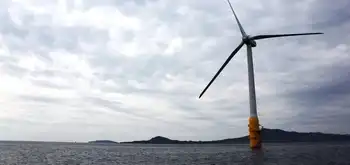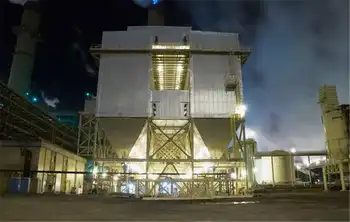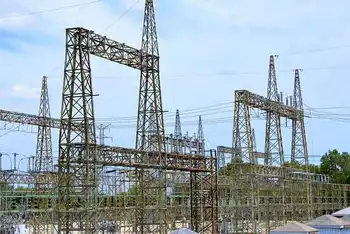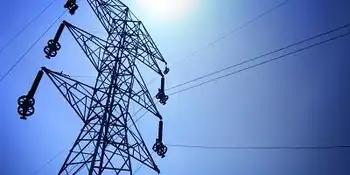North Dakota PSC candidates support winter shutoff stoppage
By Associated Press
NFPA 70e Training - Arc Flash
Our customized live online or in‑person group training can be delivered to your staff at your location.

- Live Online
- 6 hours Instructor-led
- Group Training Available
"This is North Dakota. When it gets to be 30 below, it is unethical and inhumane to turn off these systems," Brian Kalk said.
Kalk, a Republican who is a North Dakota State University professor, and Democrat Cheryl Bergian, a Fargo attorney and consultant, are competing to succeed Republican Susan Wefald on the three-member regulatory commission. Wefald is not seeking re-election.
Energy analysts are forecasting large increases in heating bills for customers nationwide this winter because of higher prices for oil and natural gas.
North Dakota restricts utilities' ability to disconnect service due to unpaid bills. But winter shutoffs are not prohibited.
During a recent debate, Bergian and Kalk agreed that they would support a winter moratorium on utility shutoffs. The commission cannot order a moratorium without permission from the North Dakota Legislature.
"It is a reality that some people are not going to be able to pay their bills," Bergian said. Lawmakers could be asked to establish a state fund that would prevent utilities and their paying customers from having to shoulder the entire financial burden of a moratorium, she said.
"We're either going to have to spread that (cost) out among more people, or figure out another way to do it," she said.
Kalk said high prices were the result of lagging energy production and insufficient conservation measures.
Separately, Bergian said she would support expanding the commission's power to regulate the placement of wind energy projects.
Under present law, a project must be capable of generating at least 100 megawatts of electricity before the PSC has jurisdiction over the siting of its wind towers and power lines.
Bergian said she believes the threshold should be lower. Developers now avoid the benchmark by initially building a project just under the limit and adding to it later, she said.
Kalk said a lower threshold may send wind energy developers to other states. The 100-megawatt standard, he said, "is appropriate."
Bergian said she believed the commission should be more aggressive in identifying locations for electric transmission lines to carry power from wind projects, to avoid situations where multiple lines are needed to serve different wind farms built near each other.
Kalk said large transmission "corridors" for electric power lines and pipelines could be developed in advance. Having corridors in place could make it easier to add more facilities later, he said.











